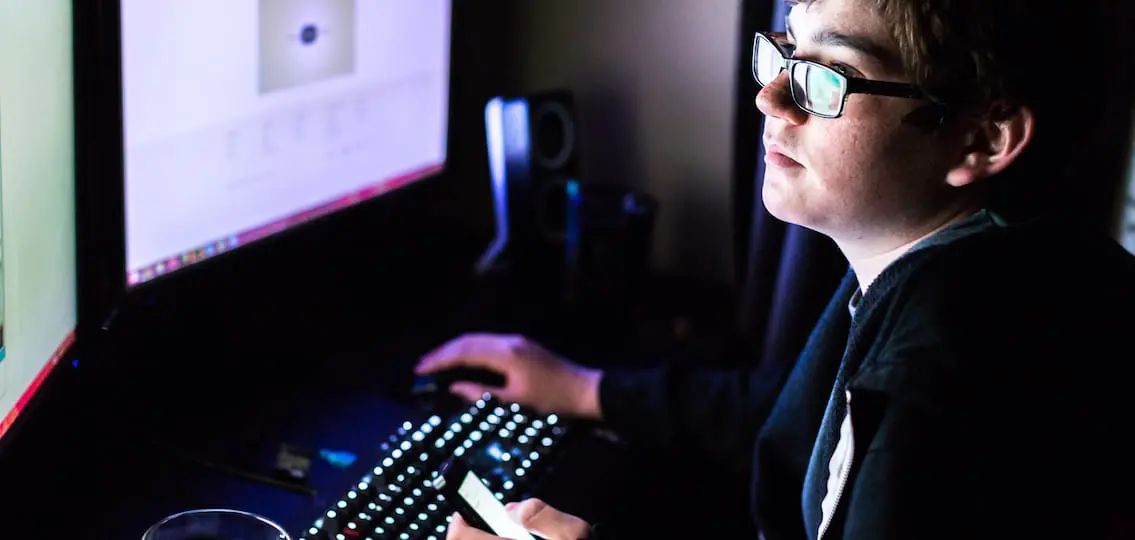Your teens are done with school for the year, the weather outside is beautiful, you’ve got all the time in the world, and your teens rush straight for their devices to binge watch Friends or Grey’s Anatomy—for the third time. How are you supposed to detach your teens from their screens during the summer?

For starters, don’t be fooled into a structure-free summer.
Even though your teens may be overflowing with free time, you can still form a summer schedule for teens.
This routine may consist solely of leisure activities, but it is a routine nonetheless.
The author of The Parent Playbook, Russell Hyken, Ph.D., emphasizes the importance of “creating expectations around tech-toy use” as opposed to banning screen time. “Limit when and how much kids can play video games and watch TV,” he explains. “Mornings should be screen-free times because it forces kids to find something else to do. It is also possible that the alternative activity is so engaging that your teen will forget about the computer, at least temporarily. And make sure all devices are off an hour before bedtime to quiet the mind and allow for a good night’s sleep.”
But don’t forget that it is important for teens to relax in the summer. That way they’ll be reenergized for the next school year. For some teens, that may mean an increase in screen time.
| [adrotate banner=”103″] |
Joe Senders, a 16-year-old from Beachwood, Ohio, admits that when he’s not in camp, he spends a third of his waking hours in front of a screen, most of it on a laptop or his iPhone. His parents don’t set any hard limits for him during the summer. But they encourage him to be active. Joe spends a fair amount of time preparing for the varsity basketball season. Sometimes, though, he just wants to stay home and watch a movie.
Joe believes that most teens his age probably spend a similar amount of time in front of screens during the summer. But he’s not sure it’s such a good thing.
“People should try to get out more.”
“In our day and age with all of this technology, it’s a little harder. Four to six hours a day in front of a screen has become the norm,” Joe says.
That being said, Joe doesn’t think that parents help teens by enforcing strict limits. Rather, they should encourage a more active type of life but let their teens make the ultimate decision on their own.

Experts like Russell, however, still aren’t so sure that a lax policy is the best. The key here is finding that happy medium between rigid structure and total freedom. Maybe ripping your teen from his screen isn’t the greatest idea. Maybe you could suggest going on a bike ride, or getting ice cream, or going to the pool. Anything outside the world of tech.



